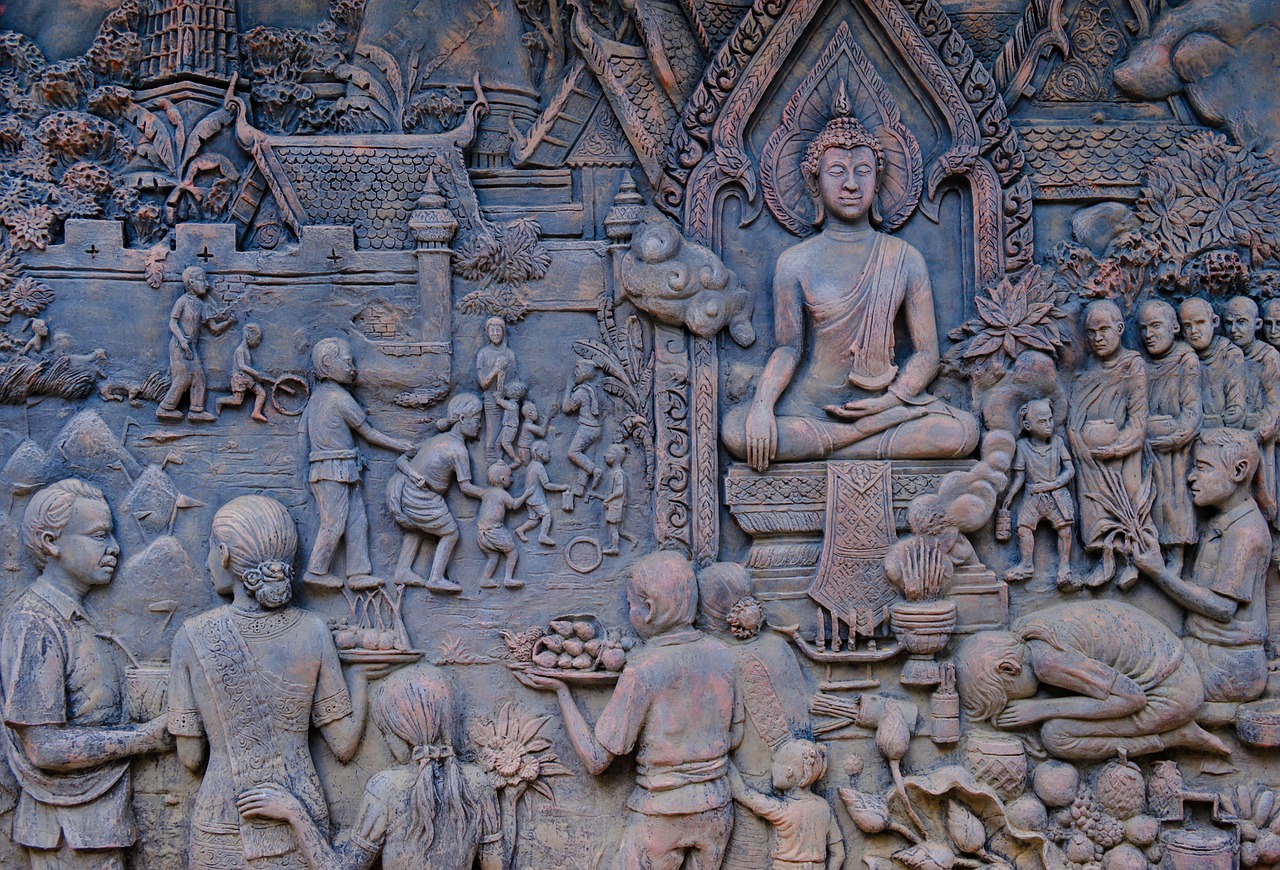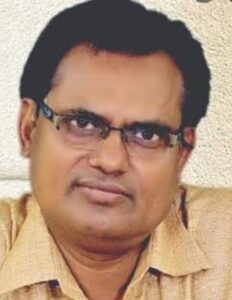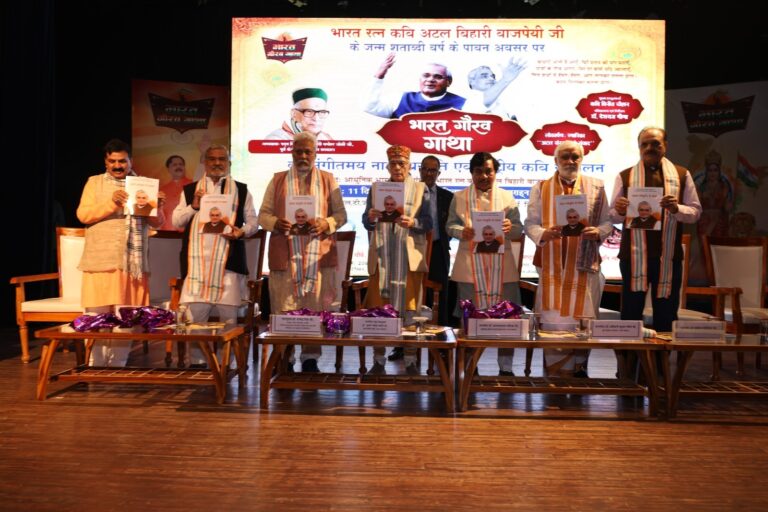
Musings: When Shudhohan asked Budha about the Supreme Truth
When Buddha was asked by his father Shudhodhan, ‘Son, what was the supreme truth you reached; the sublime state of enlightenment which you ostensibly evince an overwhelming sense of confidence in proclaiming to others about the sense of pricelessness attached to it?’. Buddha replied, ‘Father, I buried all my earthly desires under the avalanche of calmness and serenity. The cause of all misery, I discovered, lay in the turmoil and turbulence of the mind. Hence, if the cravings of the mind are suppressed; if the stream of thoughts is strangled, the inner bliss ensues. The state of Nirvana is attained, even while living in this world.’
The control of mind, Buddha primarily emphasised, is the most precious and priceless conquest of mind over matters. Apt it is here to mention the fact that, when Subhadra, a Brahmin, who had never met Buddha, sought his glimpse, when the latter already was on His way to Maha Nirvana, simply intended to know about the existence of God. Buddha sweeping his question aside, had primarily sought to teach him his eightfold noble path, significantly emphasising upon his final doctrine of ‘Aap Dipo Bhavah‘( Be light unto yourself). Buddha left for His Maha Nirvana.
Swami Vivekananda, in his famous book Karma Yoga, narrated a fantastic tale: how a well-known Rishi, in the wake of his son returning from the Gurukul after attaining all his education, was on cloud nine; the Rishi putra, while basking upon his newly acquired education, vaingloriously sought to impress upon his father about his foolproof acquisition of knowledge and consequently, he was an unquestioned scholar now. His father, a well-known ascetic, refused to take his son at face value; instead, he placed a pre-condition: ‘Son, please go to this king, and if he certified to your erudition, I will take your claim to have attained perfection in your scholastic showcasing’. The Rishiputra went to meet the king. On the entry gate of the palace, he produced the letter to the sentry, the one his father had written by way of recommendation. Lo and behold! seven days had passed, and the sentry brought him no response; he was kept waiting there. Suddenly the sentry arrived, with an instruction from the king: ‘Bring the Rishiputra in’. The Rishi putra beheld the spectacle of the king watching the state dancer performing her dance, with courtiers revelling in this boisterous ongoing performance inside the palace. The wine was flowing everywhere, as the enraptured courtiers were serenading the dancer. The king looked at the boy and gestured towards him to come near him. Presently, the boy was handed over a glass full of wine and instructed to take the three rounds of the proceeding while ensuring that not a drop of wine fell over from the glass. The boy did as he was asked to do. Reaching the king, he handed over the glass. The king peremptorily commanded him, ‘Go back to your father now, your test was complete’. The boy stupefied, bewildered by this unceremonious declaration of his returning to his father without the purpose being accomplished, hesitated for a while. The king perceiving the boy’s sense of ambivalence and scepticism, replied, ‘ Son, your test was already over, and you have qualified in it; in fact, when you were kept waiting for seven days at the palace gate, your tenacity and degree of patience were actually put on test; your forbearance to withstand the seven days, vindicated your degree of patience and tenacity to negotiate with difficulties at an ease. Later when you were handed over a glass of wine and made to circumambulate this ongoing pandemonium, it was the test of your concentration; your state of mindfulness against this ongoing frenzy, confirmed the level of your profound concentration when, without dropping even a single drop of wine, you completed the three rounds. Hence, you have attained the absolute control of your mind. You have nothing to prove now. You have qualified in my test’.
‘Amar chaturpashe sab kichu jay ashe,
Ami shudu tusharito gatheeheen dhara, gatheeheen dhara,
Amay prashna kare neel dhruva tara’
(All around me, everything is happening with aplomb, yet I stand stranded like a stagnant stream).
The great Hemanta Mukherjee sang the aforesaid stanzas. It means to suggest that I have reached the stage of enquiry; turning a searchlight into the basic existential question: ‘ Who am I? Why should I run around, as others are? Where should be an end to this mad rat race? What I am destined to achieve, which finally I have to leave behind, which will be of no tangible use to me, I tend to lapse into silence; I tend to develop serenity; the agitation of mind, always in quest for hankering after material objects, suddenly develop the sense of disillusionment; the futility of this frantic pace of life for nothing, increasingly starts resonating with us in all its eloquence.
The revelation of Buddha to Angulimal, ‘ O son, I have stopped long back, when will you?’, the sanctity of which in all its succinctness becomes vivid. This is the stage that Hemanta Mukherjee so eloquently designates as indecisiveness brought about by the realisation of the innate futility of the wanton quest for perishable; it is the quest for imperishable Brahman, the Consciousness, as described by great Adi Shankaracharya, should be the real aspiration of the soul awakening to its real identity, relegating the all-pervading falsity of Maya to the back burner.
*Vivekanand Jha is a student of Metaphysics. He is an author, academician and public intellectual.






